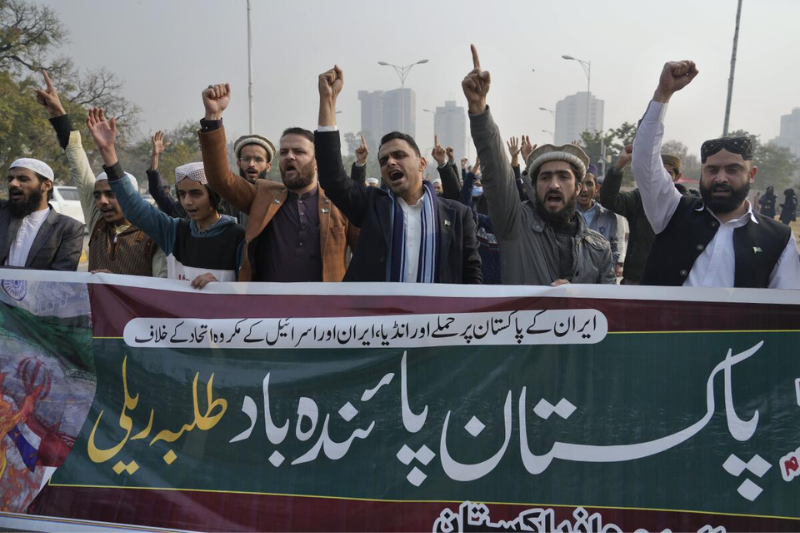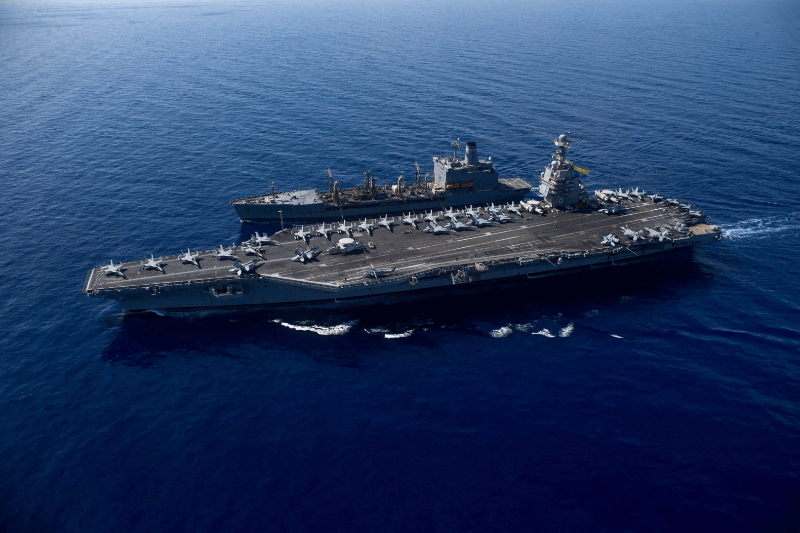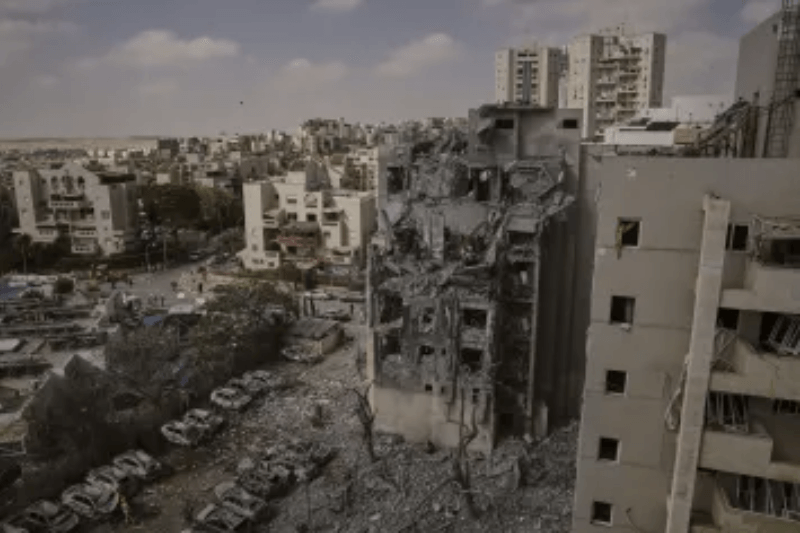
Pakistani Retaliatory Strikes in Iran: The Cross-Border Conflict
Escalation of Tensions
In a significant escalation, Pakistan launched retaliatory strikes on alleged “terrorist hideouts” inside Iran, responding to Tehran’s prior attack on militants within its borders. The precision military operations have created a complex geopolitical scenario, demanding meticulous analysis.
Background: Volatile Region
The cross-border attacks unfold against the backdrop of escalating concerns about instability in the Middle East. Ongoing conflicts, notably the Israel-Hamas tension, contribute to the precarious environment for neighboring nations.
Iran’s Perspective: Militants or Provocation?
Iran’s Foreign Minister, Hossein Amir-Abdollahian, confirmed Tehran’s strikes inside Pakistan, emphasizing their focus on militants from the Jash Al-Adil group. The narrative is complex, with accusations and counter-accusations fueling the conflict.
Keep Reading
Pakistan’s Response: Precision Strikes
Pakistani foreign ministry spokesperson Mumtaz Zahra Baloch characterized the strikes as “highly coordinated and specifically targeted precision military operations.” Code-named ‘Marg Bar Sarmachar’ (Death to Guerrillas), the strikes targeted alleged terrorist hideouts in Iran’s Sistan-Baluchestan province.
Military Details: Tools and Targets
The Pakistan army utilized various military assets, including killer drones, rockets, loitering munitions, and stand-off weapons, with emphasis on “maximum care” to avoid collateral damage. The targets reportedly included hideouts of the Balochistan Liberation Army (BLA) and Balochistan Liberation Front, known for insurgency against Pakistan.
Casualties and Diplomatic Fallout
Casualties reported by Iran include three women, four children, and two men near the town of Saravan. The BLA, fighting for independence from Pakistan, confirmed the strikes and warned of retaliation. Diplomatically, Pakistan recalled its ambassador from Iran, further escalating tensions.
International Implications and Regional Dynamics
The conflict adds strain to an already complex geopolitical landscape. Historical tensions, accusations of harboring militants, and the potential for further escalation demand careful observation. International players closely monitor the situation, adding to the complexity.
In conclusion, the retaliatory strikes between Pakistan and Iran unfold as a critical chapter in the ongoing regional conflict. The intricate geopolitical dynamics and the potential for broader consequences underscore the need for continuous analysis and international engagement.




